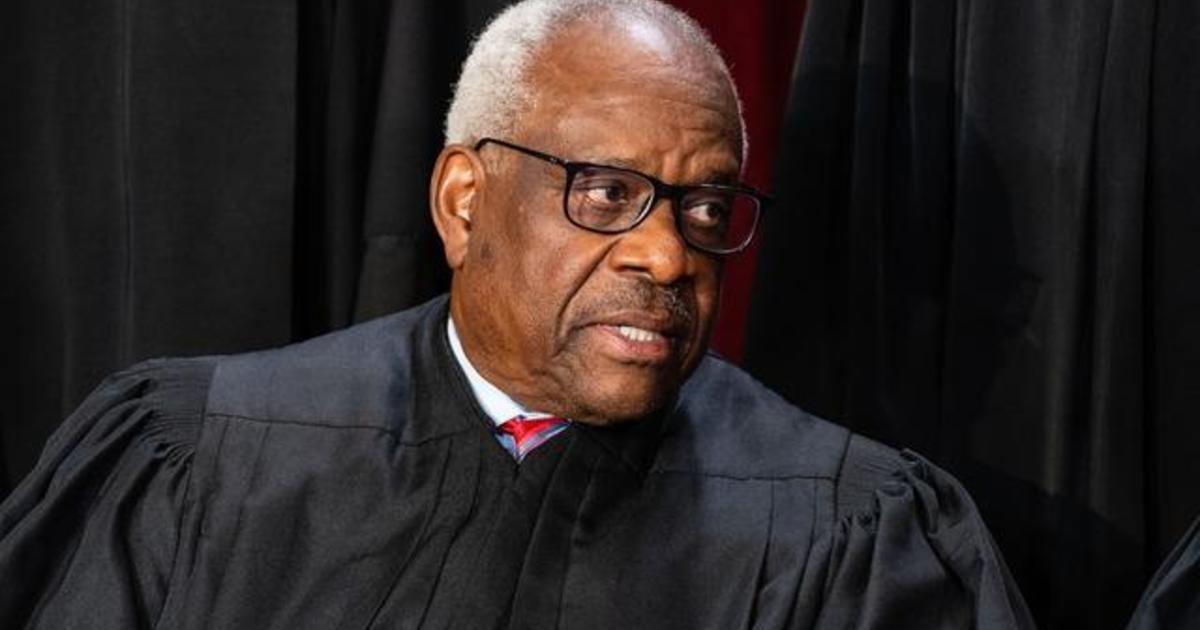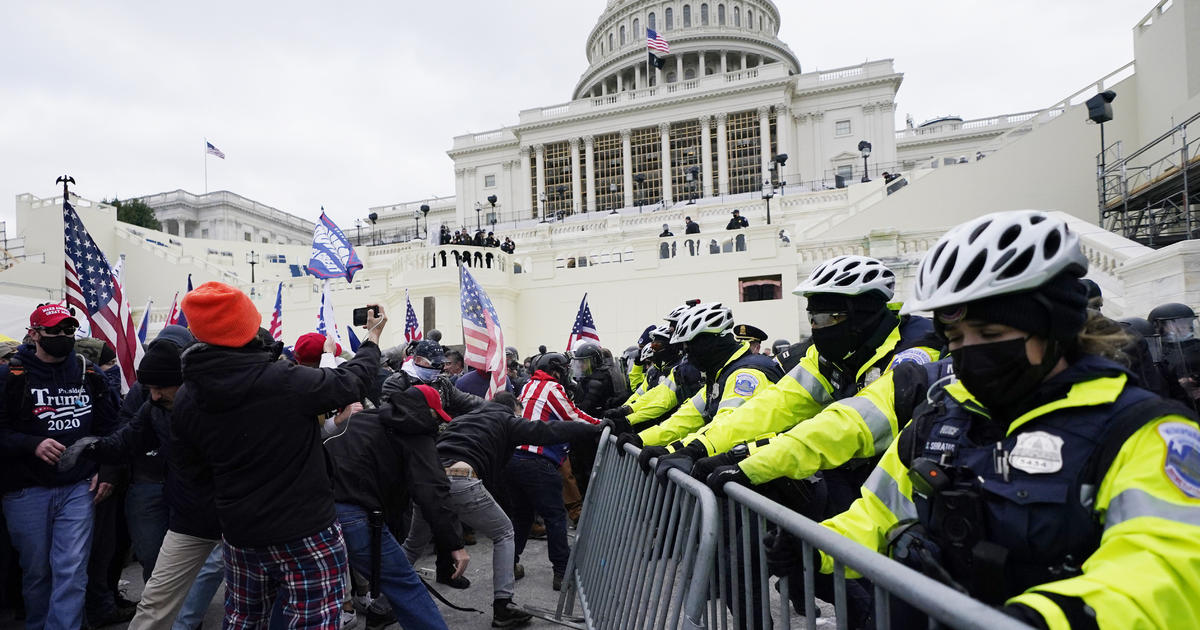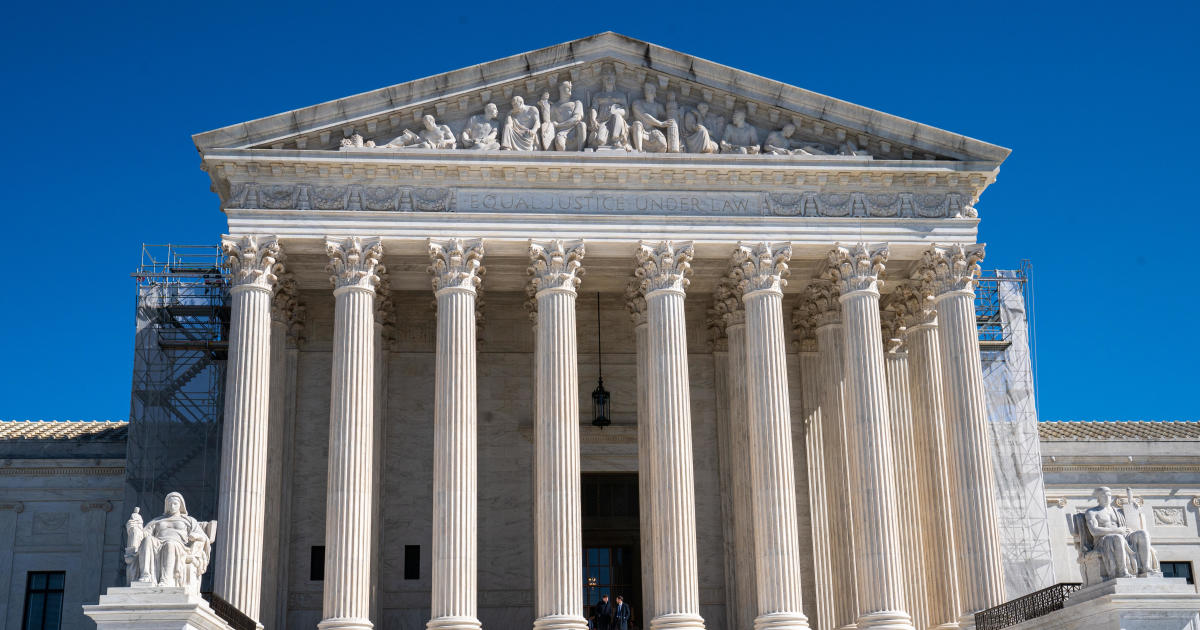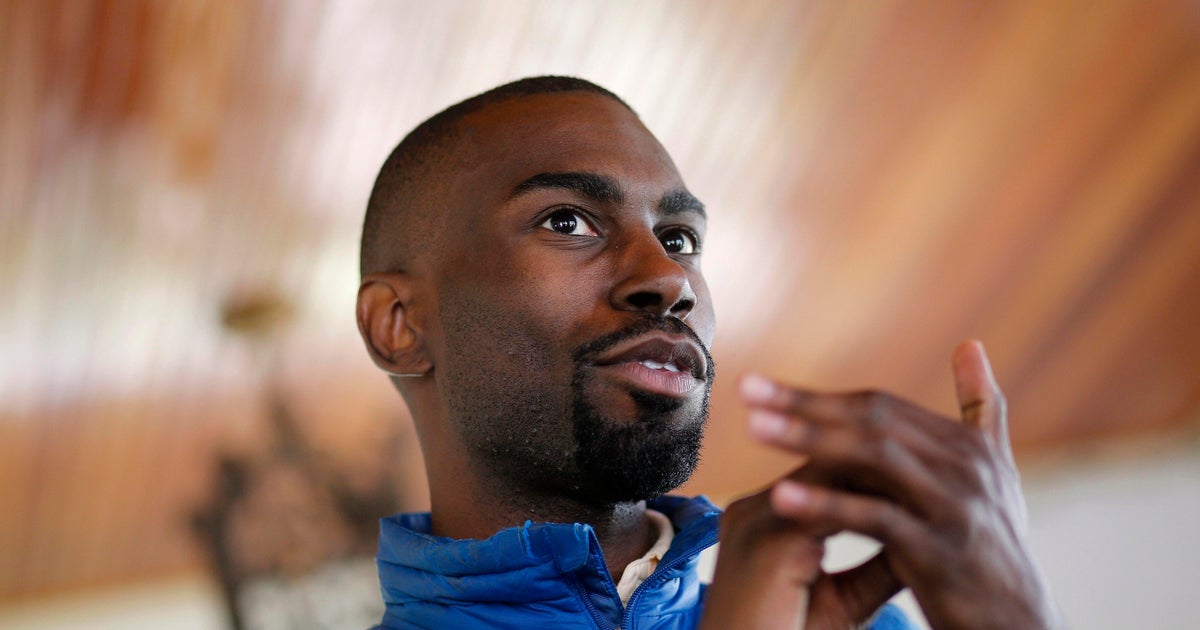Supreme Court hears arguments in historic cellphone tracking case
Supreme Court justices on Wednesday heard oral arguments in what some are calling the most important digital privacy case in decades, involving whether it's constitutional for authorities to seize and search a person's cellphone records that reveal a person's location and movements without a warrant.
The case, Carpenter vs. USA, focuses on Timothy Carpenter, who was convicted of robbery after authorities used cell phone records to capture his location. Carpenter appealed the case after the Sixth Circuit Court of Appeals upheld a lower court's decision to affirm Carpenter's conviction and 116-year sentence. The American Civil Liberties Union, along with other privacy rights organizations, have signed on to the case to defend what they see as key Fourth Amendment rights.
"We carry our cellphones everywhere we go," said ACLU attorney Nathan Freed Wessler, who argued the case before the justices on behalf of Carpenter, following the arguments. "And a record of days, weeks or months of our cellphone location records can chart out the most private parts of our lives — where we go to the doctor, where we sleep at night and who we sleep with. What we're asking for in this case is for the court to update our understanding of the Fourth Amendment for the digital age to protect these highly sensitive, never-before-available records about everything we do."
Wessler said the records give the government a "time machine" that "upends the balance of power" between people and the government that the founding fathers never intended.
The government claims that information should not be private because cellphone users give up that right to privacy voluntarily. The case may decide the fate of the third-party doctrine, a long-held legal assumption that people forfeit their digital privacy rights when they hand over information to a third party, like a cellphone company, and the government can then access those records.
"The question presented is: Whether the warrantless seizure and search of historical cellphone records revealing the location and movements of a cell phone user over the course of 127 days is permitted by the Fourth Amendment," reads the granted petition for the Supreme Court to hear the case reads.
The justices' decision on the case will be announced in spring.
Courts have had conflicting rulings on whether a warrant is needed to access cellphone data. In a landmark decision by the D.C. Court of Appeals in September, a ruling said the tracking of a suspect's cell phone using a cell-site simulator — a tool that mimics a cell phone tower to access phone information such as location — violates the Fourth Amendment if there is no warrant.




